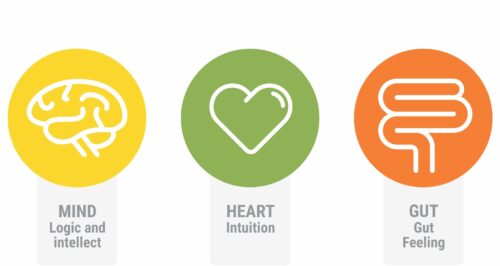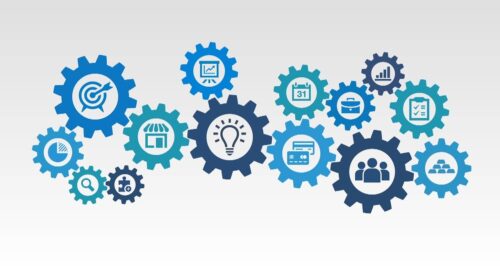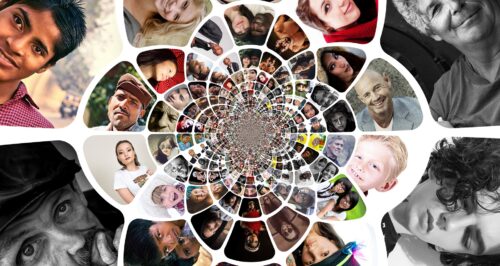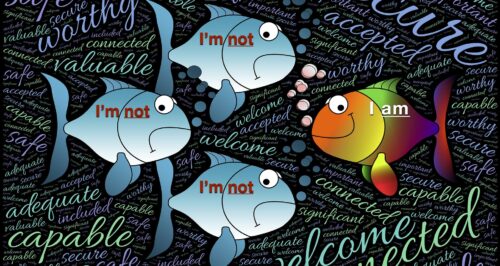Courage is an inner quality that is expressed in outer actions. It is about stepping out of what is not needed any longer.
MoreWe have 3 brains in three areas of our body: the encephalic brain, located in the head and responsible for analysing and interpreting received signals; the heart brain, located in the heart area and responsible for emotional insights; the enteric brain, located in the area of the stomach and responsible for action.
MoreHumans have known about essential oils since ancient times for their physical-emotional effects. Essential oils are an effective and practical help for sustaining psycho-physical wellbeing and they can be effectively integrated into daily habits.
MoreJon Kabat-Zinn, the father of modern mindfulness training, has identified 9 key attitudes of mindful living that are all interconnected whilst still maintaining their very distinctive features. Deepening these key attitudes can help us to lead better, more satisfied and more successful lives.
MoreAn illustration of how time, global and/or private interests, events and human relationships have influenced the ongoing evolution of leadership theories and leadership models.
MoreThe fact that music has a special effect on our emotional world is clear and almost trivial for everyone. Almost every event is initiated and accompanied by music.
MoreDevelopment relates to the ability to organise knowledge, not simply to the amount of knowledge possessed. According to Kegan, development is not about the accumulation of knowledge and skills, but about the development of a higher level of complexity, with which to apply knowledge.
MoreIt was previously believed that emotions arose from deep primitive faculties in the brain, and that there are six or seven basic emotions which have to be tamed or controlled. The contemporary perspective states that emotions do not arise from deep structures, in contrast with cognition. Emotions are instead viewed as cognitive processes, generated by our brains to match the situations we are in.
MoreMotivation has always been regarded as an individual’s inner drive as they (re)act or the impact of one person (e.g. a leader who inspires or motivates) on someone else. But is motivation an emotion? It could be regarded as such when motivation is the drive that makes a person act or react?
MoreThe following is a summary of literature on different models for and perspectives on mindsetting, as well as on the progressive evolution of emotions, with the aim of determining whether emotions are expressions of fixed states of mind arising out of an individual‘s existence, or whether they are the changeable results of new knowledge, intentions, (logical) convictions, and decisions.
MoreEmotional intelligence is generating a safe and creative working environment, and this is an essential ingredient for a competitive advantage built on the imperfect and inimitable uniqueness of a soulful and purposeful organisation.
MoreThis article looks into the role of emotions and reflective practices as a source for profound learning and cultivating emotional intelligence. The article is based on the work of practitioners currently facilitating process oriented experiential learning courses in the area of leadership. It highlights the current need for an authentic and embodied leadership approach and for the cultivation of emotional intelligence as the specific skill embodying this approach.
MoreGestalt therapy views human existence from a holistic perspective and is concerned with integrating its different dimensions: sensory, emotional, intellectual, social and spiritual.
MoreGestalt therapy views human existence from a holistic perspective and is concerned with integrating its different dimensions: sensory, emotional, intellectual, social and spiritual.
MoreGestalt therapy views human existence from a holistic perspective and is concerned with integrating its different dimensions: sensory, emotional, intellectual, social and spiritual.
MoreWhen we talk about leadership, we are implicitly talking about personality types or personal qualities. These are the inner resources that we have as human beings and that influence our own lives and the lives of those around us.
More
















